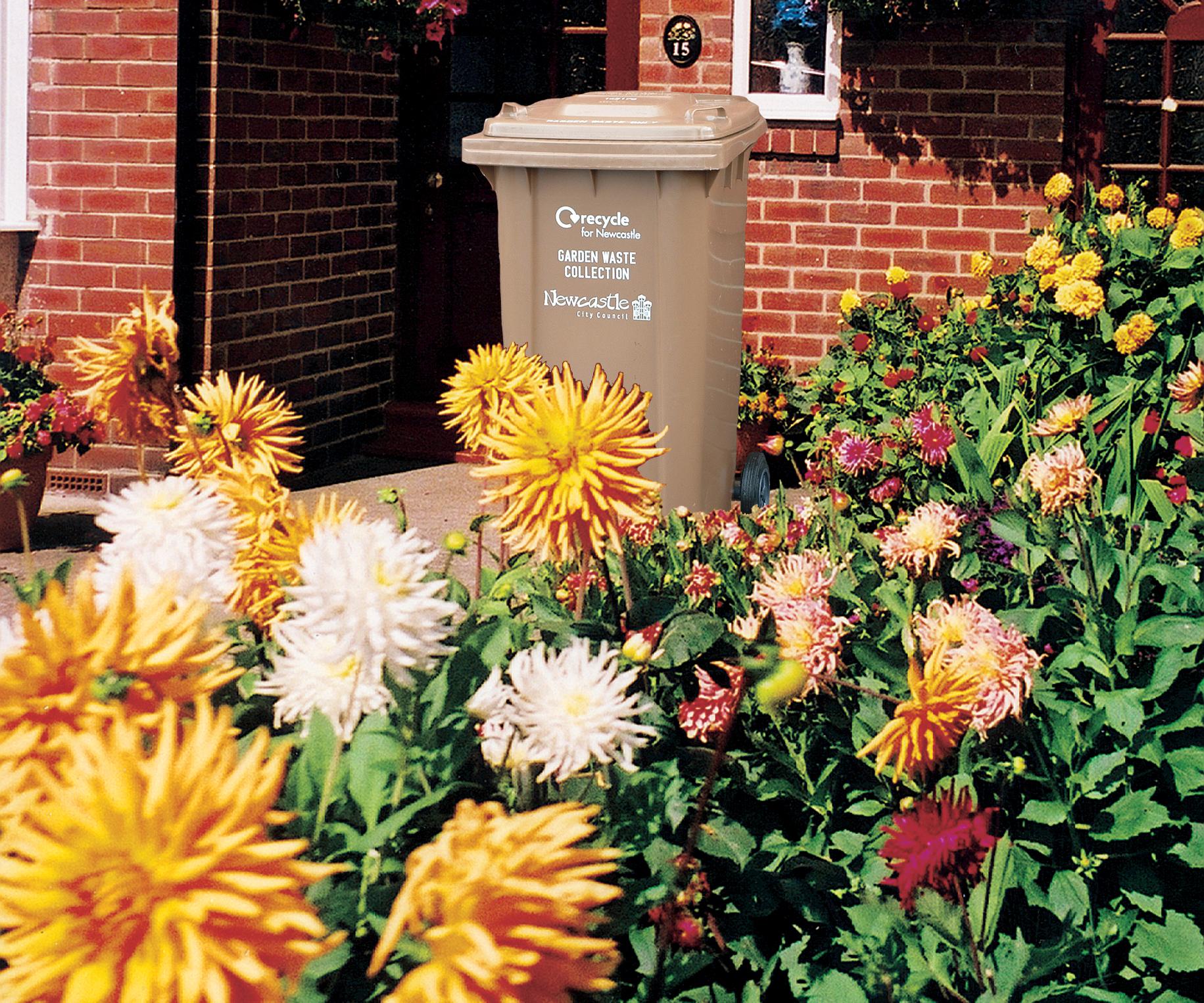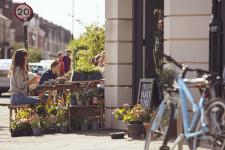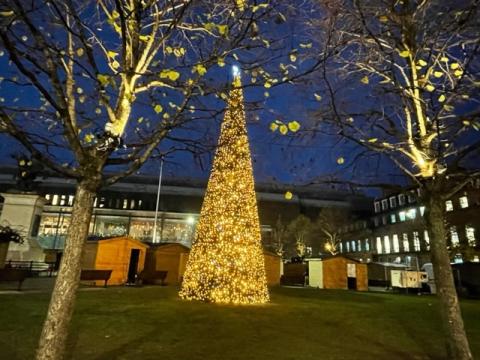17 January 2022
| | 2 min readGarden Waste Collections resume for 2022
Households across Newcastle can sign up for this year’s garden waste collections.

The collections start on March 8 and run to December 2022.
Existing customers will receive information on how to renew in January, while new customers can sign up now via the Newcastle City Council website, at www.newcastle.gov.uk/gardenwaste.
The service is priced at £41 per bin for up to 20 collections. Existing customers need to renew by the end of February.
Cllr Ged Bell, Newcastle City Council’s Cabinet member for development, neighbourhoods and transport, said: “We know the garden waste service is important to people and we thank those who sign up.
“For £41 you can receive up to 20 collections from March until December.
“The service goes a long way in helping our city to recycle more and cut our carbon footprint.
“The trimmings, cuttings, leaves and weeds from your brown bins are recycled and turned into high quality soil conditioner, which is then used to help keep gardens and public spaces around Newcastle looking beautiful.”
What can you put in your brown garden waste bin?
To help you keep a tidy garden your brown bin garden waste collection will accept all your garden trimmings, cuttings, prunings, leaves and weeds.
However, you should not use it for branches, logs, or roots more than 10cm (4 inches) in diameter; Japanese Knotweed; turf or soil; clay; stones and rubble; plant pots; animal waste; straw and hay pet bedding; food waste; compostable films, plastics or items like cutlery and plates; or anything in black bags or plastic bags.
What if I have a brown bin I no longer want?
Please phone 0191 2787878 and ask for "Your Local Services” to request collection of an unwanted, empty brown bin.
Composting at home
As well as garden waste collections the council also continues to encourage residents to compost softer garden waste, some uncoated paper and cardboard, and food waste such as fruit and vegetable peelings, rather than putting them into their household rubbish bin.
Around 20 per cent of the contents of an average green general waste wheelie bin is material that could be composted at home – that includes egg shells, cut flowers, coffee grounds and filters, old newspapers, tea and tea bags, hair (from pets and your own hair brush), toothpicks, and even matches.
To help families to compost, the council continues to offer subsidised compost bins through the getcomposting.com website.
More advice and information on reducing your food waste can be found at www.newcastle.gov.uk/foodwaste.
If you would like to give us feedback on our website, please complete this short online form.



